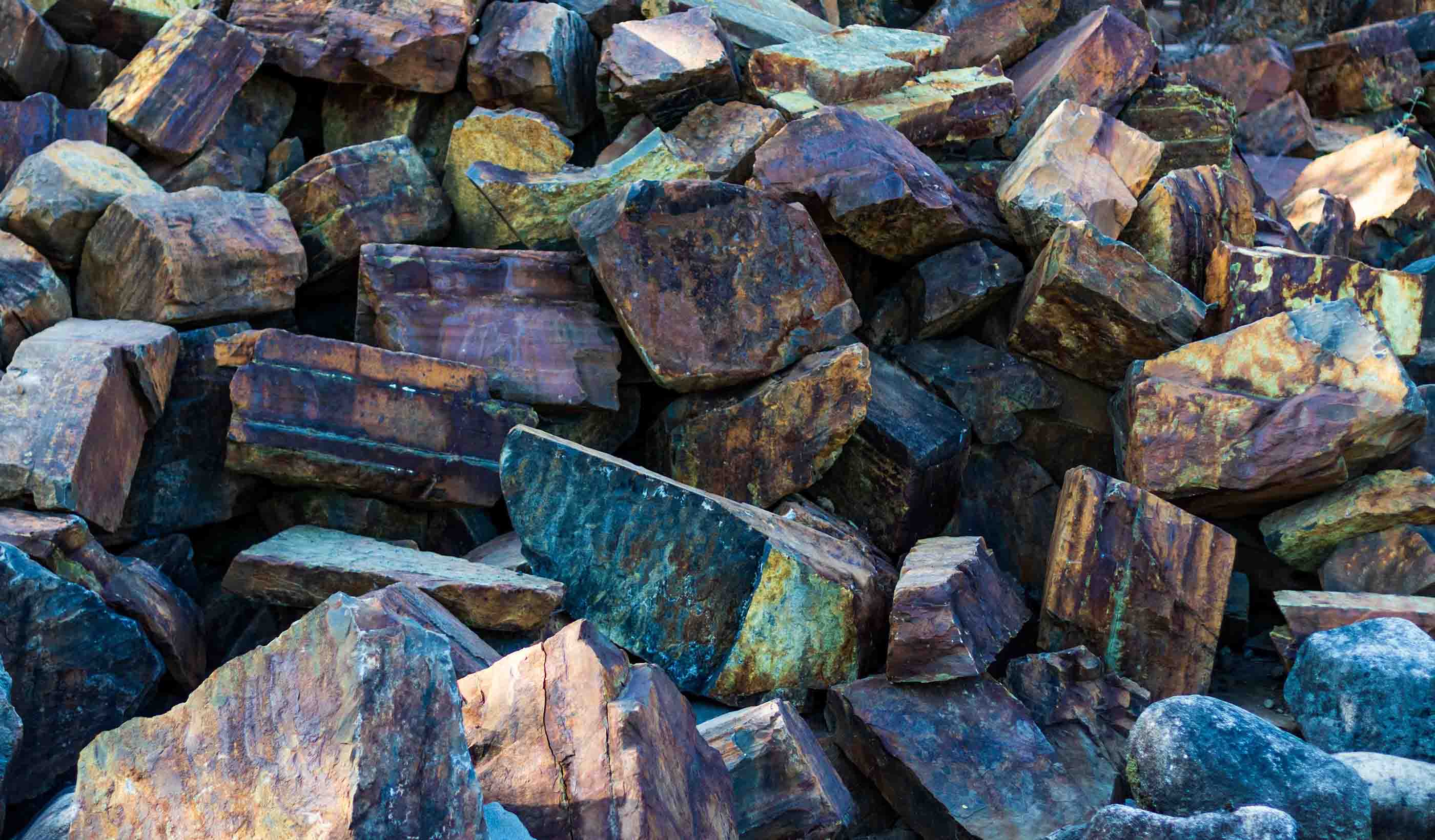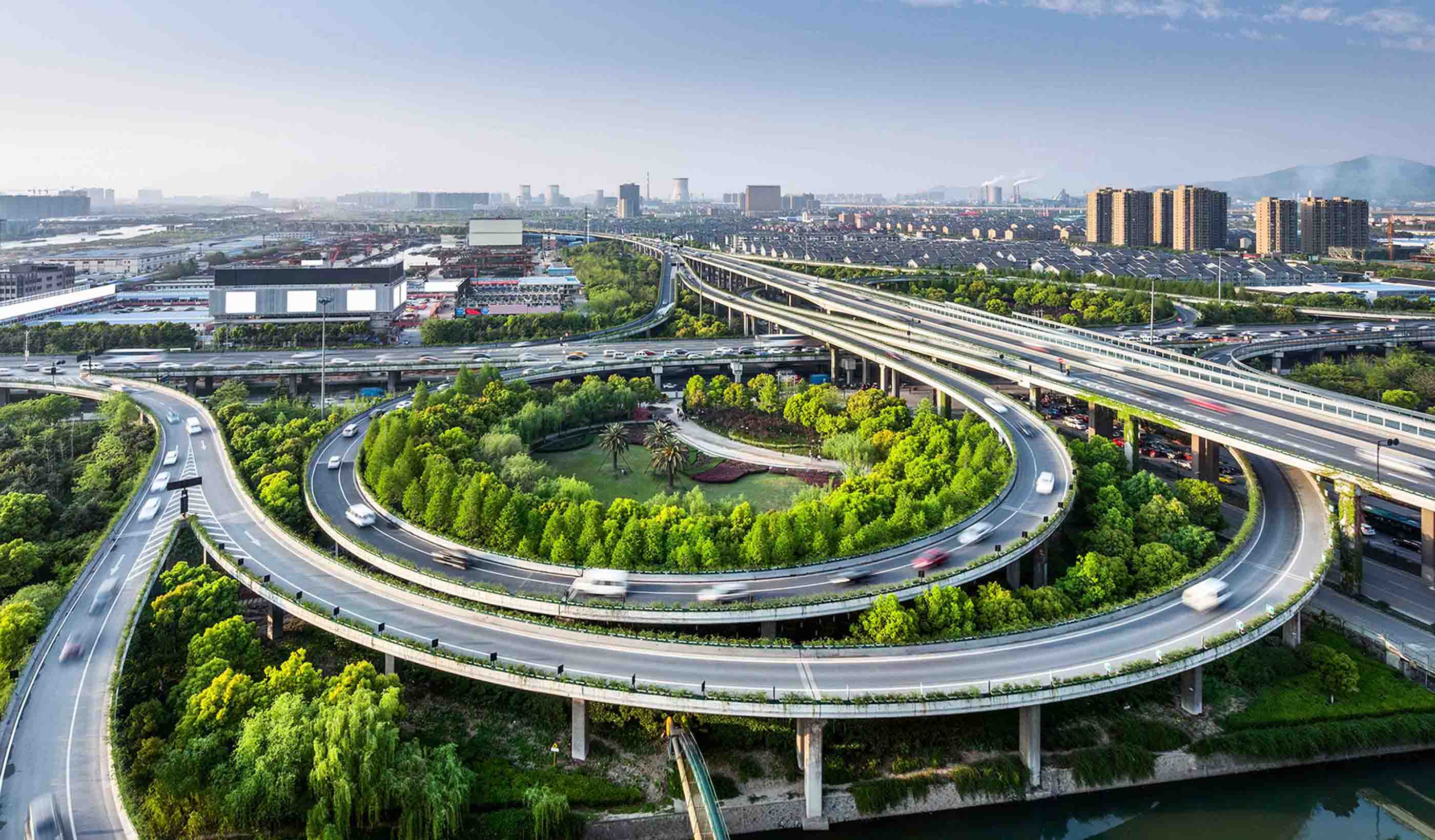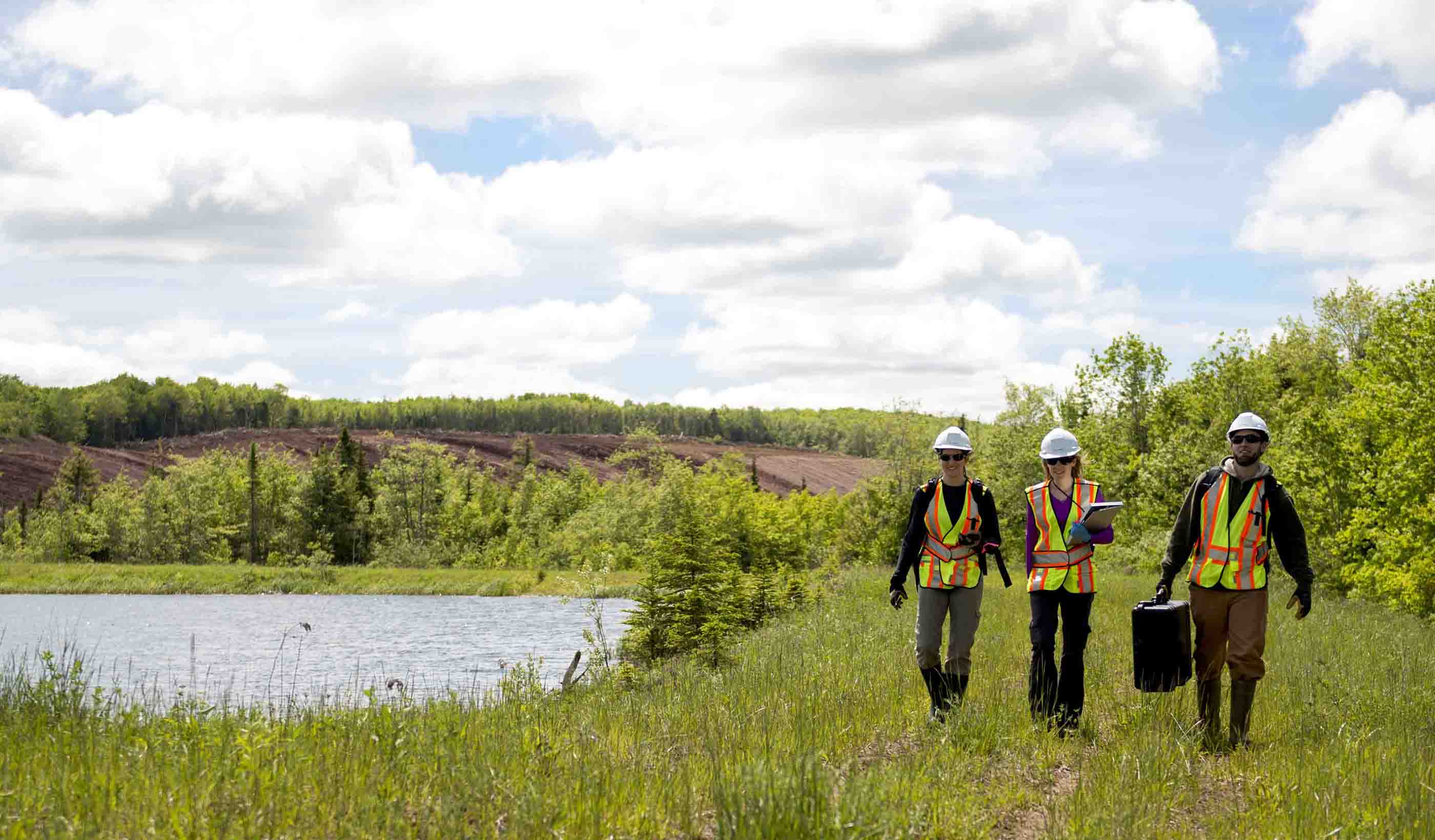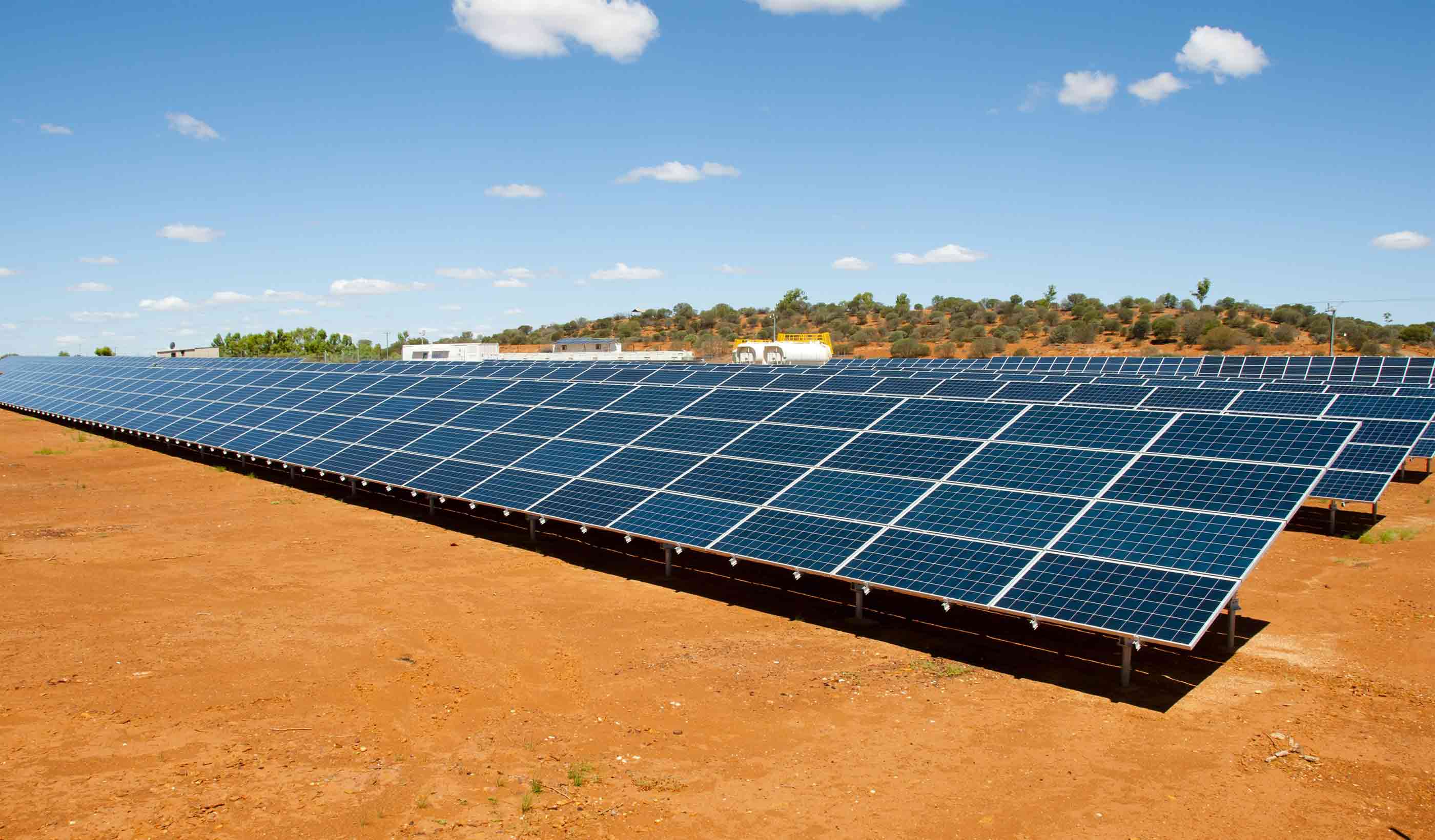Why we all need to care about mining
March 17, 2022
March 17, 2022
Building the infrastructure to meet the world’s energy transition goals will require a lot of mining. That mining can be done responsibly.
“If you can’t grow it, you have to mine it.”
Our daily lives depend on minerals and metals. We need them for almost every component of our modern world, as well as the world we are building. Mined materials are used to create batteries, solar panels, and wind turbines. The demand is here and is growing along with these technologies.
The mining industry must meet the demand for minerals and metals while operating in a responsible and sustainable way. To that end, many in the industry are reconsidering what it means to mine successfully and responsibly. Now, in addition to considering maximum throughput and revenue, miners must think about their environmental footprint, community acceptance, and workforce inclusion.

The world needs the minerals and metals that enable modern life, and we need mines that produce those resources responsibly.
The Minerals Education Coalition estimates that every American will need approximately 3.19 million pounds of minerals, metals, and fuels in their lifetime. We need mined materials for sidewalks (cement), lightbulbs (copper), and chairs (iron). We also need them for simple things like toothpaste (calcium carbonate) and kitty litter (bentonite). Beyond this, the surge in demand to create more lithium batteries, electric cars, solar panels, and wind turbines means we will rely on mining even more in the future.
Generating and moving electrical energy requires metals. Wind turbines are made up of copper, nickel, manganese, chromium, molybdenum, zinc, and rare earth elements. And the battery and charging components of an electric car require six times the amount of mined materials compared to a conventional car, according to the International Energy Agency.
Many of us who work in the mining industry are familiar with a negative perception of mining. But the truth is that everyone relies on mining in some way every day. And the good news is the perception can change as people understand that mining is becoming more responsible, sustainable, and necessary.

Consider how much mining is needed to build our infrastructure and buildings.
Mine operators are prioritizing environmental, social, and governance considerations. Terms like sustainability, corporate responsibility, and social capital are all part of mining today. We all benefit from increased accountability from mine owners. Mines now must obtain their social license to operate, undergo thorough environmental assessments, adhere to strict safety standards, and plan for closure and reclamation of the mine.
Consumers are driving demand for sustainably sourced products. Environmentally conscious companies now offer low-carbon nickel or “green” copper. Some companies have made great strides in finding ways to reduce carbon emissions, use water efficiently, and integrate zero waste into the production of those metals.
Beyond the physical process of mining itself, companies are considering the lifecycle of the product and encouraging recycling and the longevity of end-use products. Metals are infinitely recyclable. Increased reuse and recycling will bolster metal supplies and limit the amount of new mining that’s needed. This change in thinking about the lifecycle of a product gets us one step closer to a circular economy.

Mining operators today pay more attention to environmental impact than ever before. Here, Stantec environmental scientists are at a mine site in Canada testing air and water quality for mine expansion permitting.
Australia is at the forefront of sustainable mining. Both TransAlta and BHP are working on a large-scale solar farm in Australia, with a battery storage system to provide renewable energy to two of their mines. This moves them closer to their commitment to provide low-carbon, sustainably sourced nickel.
The Northern Goldfields Solar Project aims to provide fuel savings and reduce BHP’s Scope 2 emissions from its Leinster and Mount Keith operations by 540,000 tonnes of CO2 over the first 10 years of operation. This renewable energy project is the first solar photovoltaic build in Australia for TransAlta and provides a platform for further renewable energy development.
Our need for renewable and greener energy sources emphasizes the importance of mining.
Over the last two years, we’ve seen a spike in demand for sustainable mining and net zero mining services. Mining companies that have committed to ambitious net zero, carbon neutral, and corporate social responsibility goals now need plans. Then, they need to put those plans into action.
In doing this work, we help mining companies answer questions like: How can we reduce energy consumption and emissions? Or, can we replace a conventional energy source with a cleaner one? Or, is there a way to be better water stewards during the entire mining lifecycle?

The Northern Goldfields Solar Project in Australia.
The world needs the minerals and metals that enable modern life, and we need mines that produce those resources responsibly. The big wins come when the general population accepts mining as a crucial part of daily life and essential to the energy transition.
Our need for renewable and greener energy sources emphasizes the importance of mining. We’re also making great strides as an industry to become more sustainable. Remember: If you can’t grow it, you have to mine it.